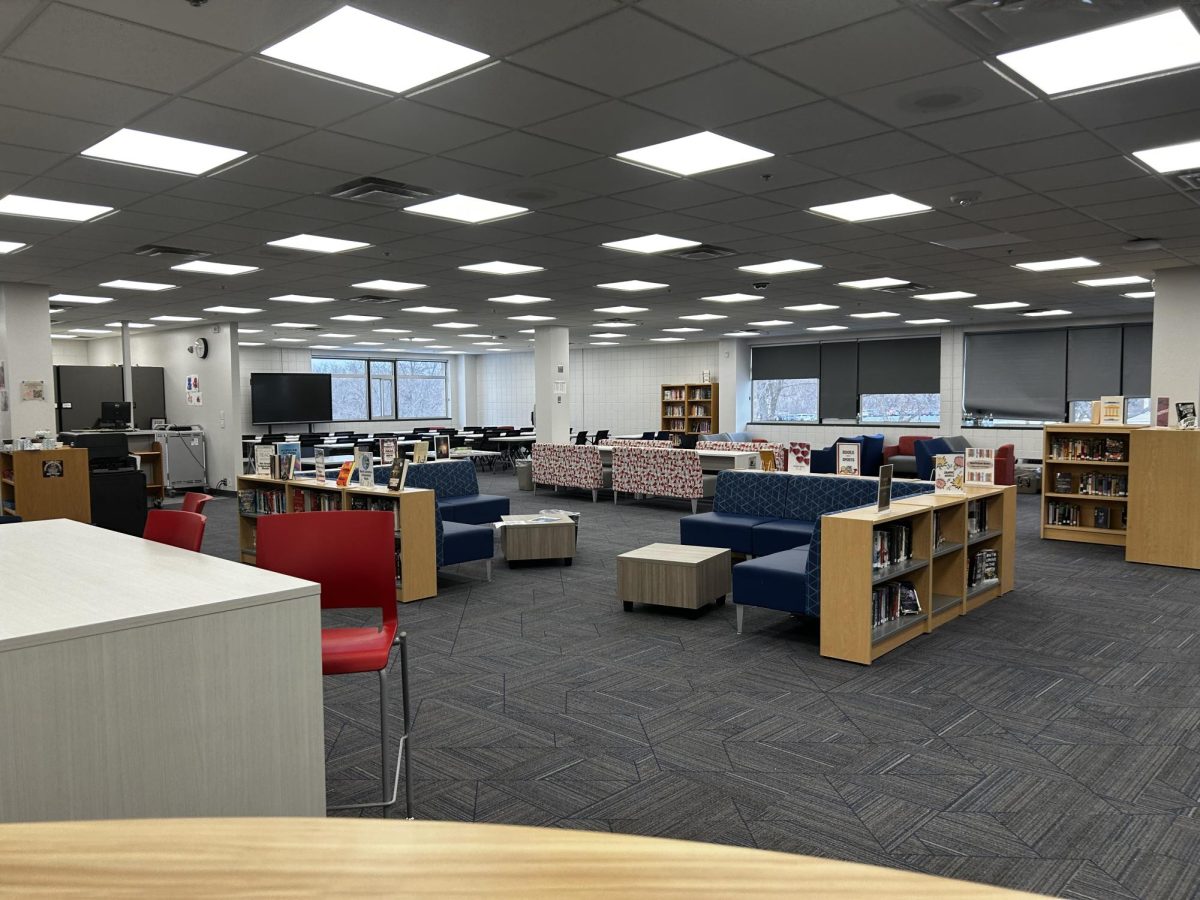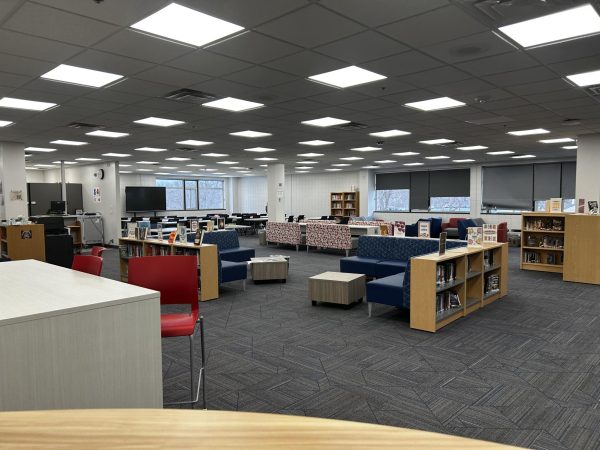The Benefits of Learning a Second Language
There are many benefits to becoming proficient in another language; read more to learn about what they are.
学一门语言,就是多一个观察世界的窗户
“To learn a language is to have one more window from which to look at the world.” – Chinese proverb
It is estimated that there are over 7,000 languages in the globe across 196 countries. Every day, hundreds of millions of people speak not only one language, but two, or even more. According to Jay Mathews from the Washington Post however, this is not really the case in the United States. He found that compared to 56 percent of Europeans that could speak more than one language, only 20 percent of people in the U.S. were bilingual.
This does not mean they are not trying. Almost every high school and college features some sort of language department to help students master another tongue. But due to how homogenous the United States is compared to other countries when it comes to languages spoken in daily life and business, people rarely remember much of what they learned.
However, just because learning French or Thai may not be immediately useful in the United States, that does not mean it does not come with a lot of advantages.
1. Improves Brain Power
Studies have shown that learning a second language actually strengthens your mind. For example, Dann Roitman, a writer for Huffpost, said that when brains were analyzed under MRI scanners, bilinguals had denser gray matter than those who only spoke one language. Gray matter in the brain is responsible for control of emotions, thoughts, and movement, and typically the more one has the higher their potential brain power is. This occurs because your brain has to rewire itself to think differently so it can communicate in two different ways. This also leads to parts of their brain devoted to memory, planning, and reasoning being bigger than their monolingual counterparts.
2. Helps Job Prospects
The ability to communicate with millions of more people than other applicants really makes a job candidate stand out. This is especially true when dealing with large corporations that have businesses and offices spread across the world. According to Idealist, it was found in 2017 that the need for bilingual speakers, specifically in Spanish, Mandarin, and Arabic, has more than doubled in the past half decade. Being bilingual not only shows employers that you can speak another language, but if it is not your native tongue, it can also show that you work hard towards the goals you set for yourself. This direct and indirect showcasing of one’s abilities can make for a stellar resume when you are looking for a job.
3. Travel becomes easier
When people go on vacation, they tend to want an authentic experience that is reminiscent of the culture they are visiting. Sometimes though, they are steered away from certain destinations because they do not know the language and the locals do not know much English either. However, learning a language can open up many doors when traveling. For example, French is spoken primarily in 29 countries, and Spanish in 20. You can also gain a more authentic and cultural experience by being able to go to places typically only visited by locals. Also, no matter where you are going or how proficient you are in the local language, it is always respectful to learn at least a few common phrases.
With the school year coming to a close, students are wondering if they should continue learning their chosen language, whether it be Spanish, Mandarin, or German. With all of the benefits that come with learning another tongue, it can be strongly argued that it is a good choice to continue practicing.
Anyways… adiós, au revoir, alavida, adjö, y arrivederci.



















































